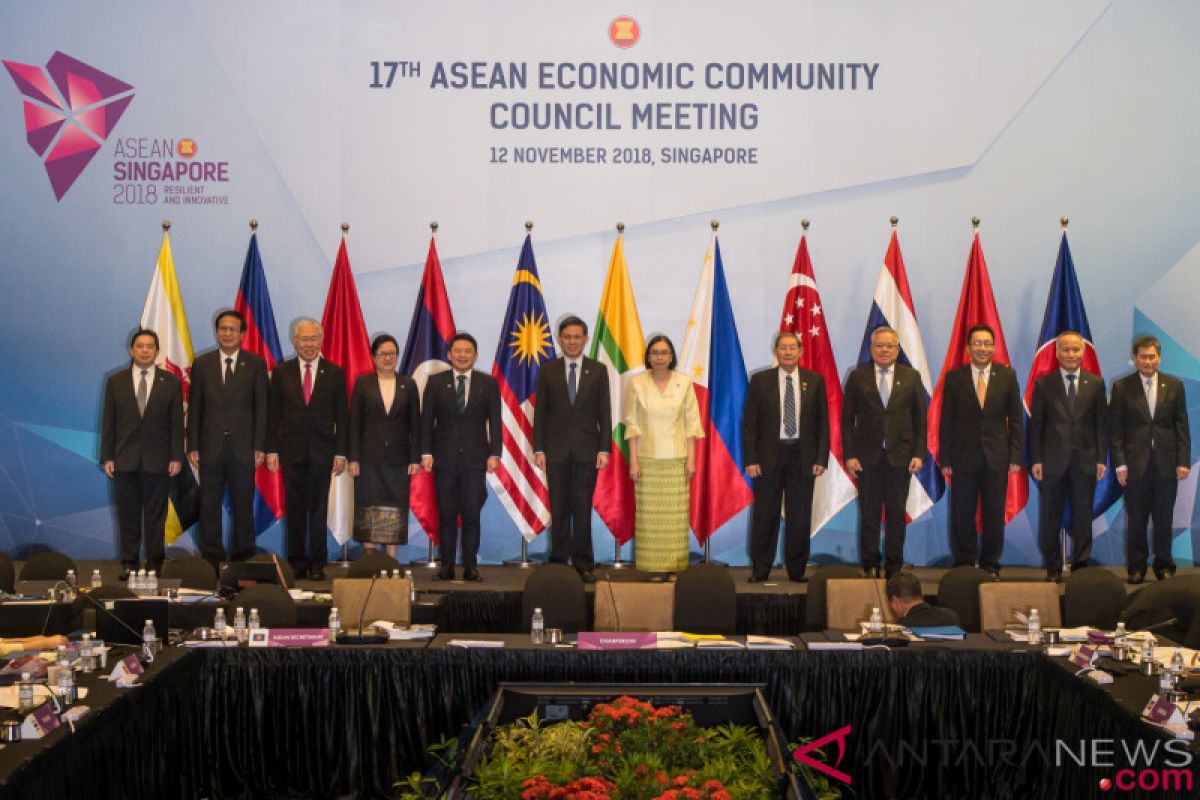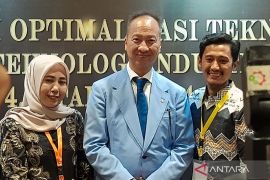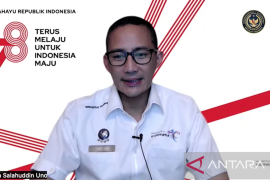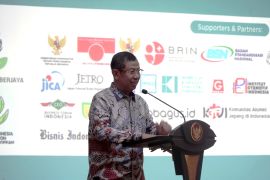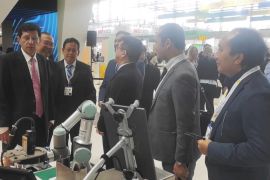The signing of the ASEAN Agreement on e-Commerce is believed to help create a more conducive environment for the growth of e-Commerce in the region through advancing trade rules in e-Commerce and building up greater digital connectivity in ASEAN.
During the meeting that Singapore`s Minister for Trade and Industry Chan Chun Sing chaired, the ASEAN economic ministers also concluded this regional grouping`s trade in services agreement, which will deepen the integration of ASEAN services markets.
The presence of ASEAN Trade in Services Agreement (ATISA) would also introduce commitments related to services trade paving the way for a more liberal, stable and predictable environment for service suppliers in the Southeast Asian region.
Moreover, the ASEAN economic ministers also finalized the Fourth Protocol to Amend the ASEAN Comprehensive Investment Agreement (ACIA).
This ACIA will introduce stronger commitments prohibiting the imposition of performance requirements on investors, and help ASEAN remain an attractive and competitive investment destination.
Commenting on the positive outcomes the ASEAN economic ministers had made during Singapore`s chairmanship in 2018, Chan Chun Sing said the achievements would pave the way for a continued growth and allow all ASEAN member states to take advantage of the emerging opportunities in the digital economy.
As revealed in the fact-sheet of promoting innovation and e-commerce through the ASEAN Agreement on Electronic Commerce, the e-commerce has gained its momentum in this regional grouping thanks to an increased internet connectivity, rising smartphone penetration, and growing availability of internet access and new payment options.
The tremendous speed of the growth and development of information technology has resulted in changes in various parts of the world.
Like many other countries, Indonesia can neither get rid of the impact of this fast-growing digital technology on the lives of its people and industries, including those in the Southeast Asian region.
Therefore, Indonesian Trade Minister Enggartiasto Lukita urged members of the ASEAN Economic Community to adapt to the demands of Industry 4.0 to make them remain competitive and not left behind by other countries.
Speaking at the 17th ASEAN Economic Community (AEC) Council Meeting taking place at Singapore`s Suntec Convention Center, he argued that the fourth industrial revolution commonly known as Industry 4.0 has brought massive changes and impact on various systems.
The Industry 4.0 issue was one of the common concerns that Lukita, who led the Indonesian delegation for the meeting, discussed with his counterparts from Singapore, Malaysia, Brunei Darussalam, Thailand, the Philippines, Cambodia, Myanmar, Laos, and Vietnam.
Indonesia is one of the countries in the world, which is so concerned with the demands of Industry 4.0. President Joko Widodo had launched a road map of the Industry 4.0 in April to support his vision of making Indonesia become a developed country.
At the Regional Conference on Industrial Development, held in Bali Province on Thursday (Nov 8), Indonesia invited countries in the Asia Pacific region to collaborate for getting prepared for the demands of Industry 4.0.
Indonesian Industry Minister Airlangga Hartarto told the conference participants that a transformation the fourth industrial revolution demands has made a country develop new business models in its manufacturing industry.
The new business models are required to enable the country`s manufacturing industry to remain competitive and have greater added values, he said, adding that enabling a country to remain competitive in the era of Industry 4.0 needs connectivity, technology, information, and communication to get integrated.
This endeavor, according to Airlangga Hartarto, would help industrial processes get done more efficiently and produce better products.
In order to enjoy the benefits of the era of Industry 4.0, Indonesia and nine other ASEAN member states have no other option but must meet the demands of this era of disruption.
One of the fundamental challenges of the era of disruption is related to the quality of human resources. Like many other ASEAN member states, Indonesia also faces a serious problem with the quality of its human resources.
As the world`s fourth most populous country, Indonesia has yet to be able to put itself into the list of the world`s most literate nations.
John W.Miller`s study (CCSU, 2016) shows that the top 10 most literate nations are Finland, Norway, Iceland, Denmark, Sweden, Switzerland, the United States of America, Germany, Latvia, and the Netherlands.
The study of Miller, noted researcher of the Central Connecticut State University, further revealed that Indonesia ranked 60th out of 61 countries. Its rank was just better than that of Botswana but it was far left behind by Singapore (36) and Malaysia (53).
Thus, the study has indeed revealed an inequality and disparity in the quality of human resources within the ASEAN economic community partly due to poor quality of education and technology competence.
This problem of common concern needs to be addressed by all ASEAN member states to enable them to enjoy the benefits of the fast-growing e-commerce and e-businesses.
Editing by Bustanuddin
Reporter: Rahmad Nasution
Editor: Fardah Assegaf
Copyright © ANTARA 2018
